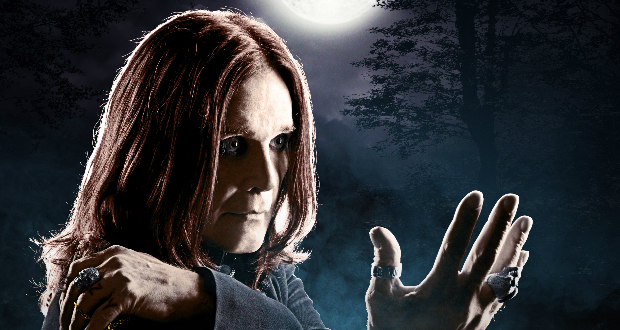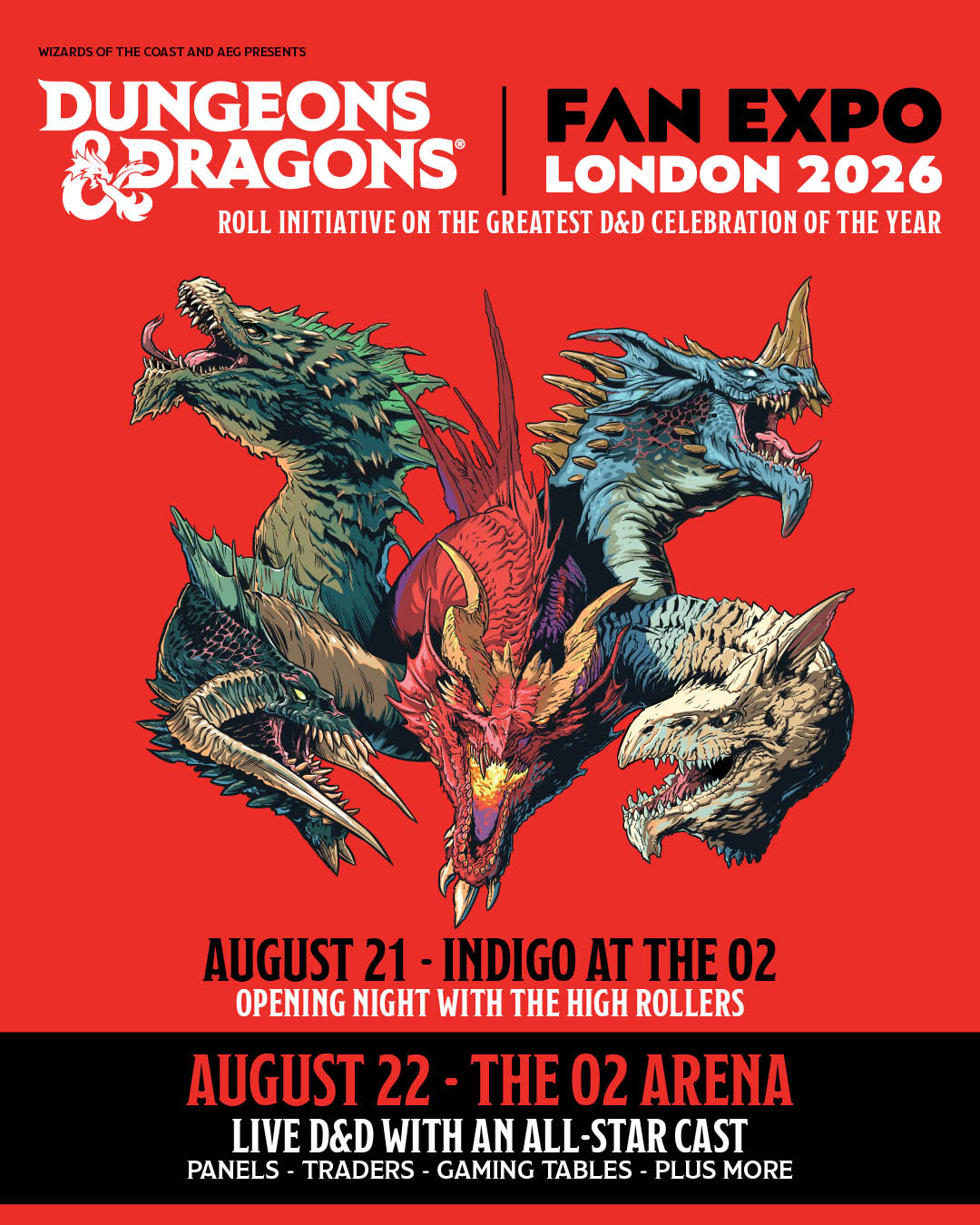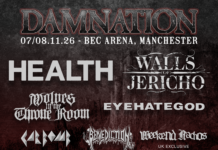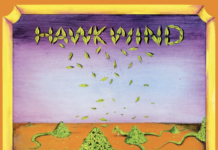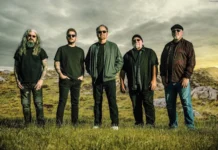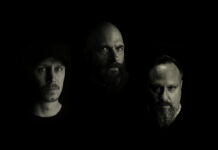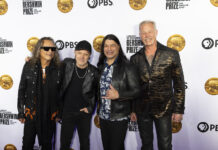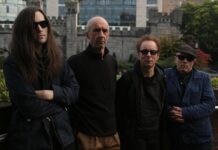Tuesday, July 22nd 2025, the world lost a legend, a pioneer, and an improbable icon. Ozzy Osbourne, the “Prince of Darkness,” the frontman of Black Sabbath, and later, a solo artist whose career soared even higher, passed away at 76. The news, coming just weeks after his final, poignant reunion with Black Sabbath on stage, feels less like a surprise and more like the inevitable turning of a monumental page in music history. Yet, it still leaves a tremor, a quiet hum in the collective consciousness of anyone who ever felt the earth shake to a Tony Iommi riff or heard Ozzy’s distinct wail cut through the air.
“Black Sabbath didn’t just play heavy music; they invented heavy,” legendary Pantera frontman Phil Anselmo once declared, a sentiment echoed by countless musicians across the spectrum of rock and metal. Before Sabbath, there was hard rock, sure, but the sheer weight of tracks like ‘Iron Man’ or ‘War Pigs’ was something entirely new. Tony Iommi’s downtuned guitar riffs, born from an industrial accident that forced him to play with thimbles, inadvertently created the blueprint for a genre. Geezer Butler’s lyrical explorations of war, societal ills, and the supernatural provided the thematic depth. And then there was Ozzy.
Ozzy Osbourne, the unlikely ringleader of this revolution, wasn’t a virtuosic singer in the traditional sense. His voice was raw, often unpolished. It was the sound of an everyman grappling with darkness, a voice that was both menacing and vulnerable. He personified the chaotic energy that defined early heavy metal, turning stage antics into legendary tales – stories that, whether doubtful or true, only added to his mystique. The bat, the dove, the general sense of unpredictable madness – it all contributed to the legend.
As the years rolled on, and Black Sabbath’s original run concluded, Ozzy’s solo career took flight, arguably reaching even greater commercial heights. With guitar wizards like Randy Rhoads, Jake E. Lee, and Zakk Wylde by his side, he continued to forge anthems that defined generations. ‘Crazy Train,’ ‘Bark at the Moon,’ ‘No More Tears’ – soundtracks to countless bedroom headbangs, basement band practices, and late-night drives.
Think about the sheer magnitude of his influence. Metallica, Guns N’ Roses, Judas Priest, Iron Maiden – the titans of metal all cite Black Sabbath as foundational. “We wouldn’t be here without Black Sabbath,” Anselmo added, a statement that rings true for virtually every metal band that followed. But beyond the obvious heavy metal lineage, Ozzy’s impact stretched into the broader rock landscape. His sheer showmanship, his larger-than-life persona, and his ability to connect with an audience. Even his improbable stint as a reality TV star showed a different side, a somewhat befuddled but ultimately endearing family man, humanising the “Prince of Darkness” for an entirely new audience.
Ozzy’s journey was never linear, nor was it without its well-documented struggles. Yet, through it all, his passion for music, for performance, and for his fans remained undeniable. His recent farewell show, where he took the stage from a throne, battling the effects of Parkinson’s disease, was a testament to his indomitable spirit. It was a final, triumphant roar from a man who helped build the very foundations of heavy music.
Today, as we mourn John Michael “Ozzy” Osbourne, let us not only remember the wild tales and the dark theatrics but the profound musical legacy he leaves behind. He gave voice to the shadows, made the frightening accessible, and, in doing so, forged a genre that continues to resonate with millions. The air may feel a little quieter, a little less electric today. But the echoes of Black Sabbath’s thunderous riffs and Ozzy’s inimitable vocal roar will continue to reverberate through the halls of rock and metal history, forever reminding us of the madman who changed everything.

